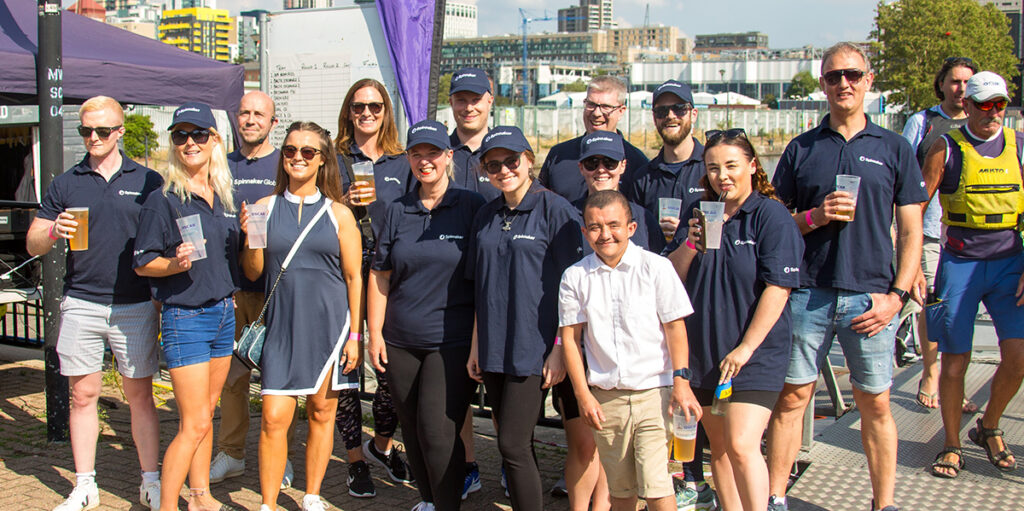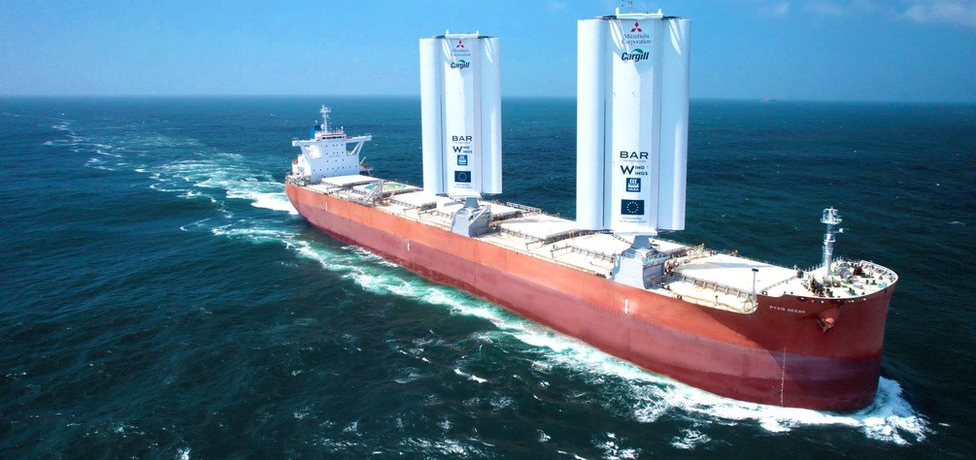The gender pay gap is a persistent plague in workplaces around the world. Despite modest progress over the decades, women continue to earn less than men across industries and roles. It’s time for organisations to move beyond talk and take concrete action to ensure fair and equitable pay.
The Data Doesn’t Lie
Statistics clearly show that full-time working women in the US earn just 82 cents for every dollar paid to men, amounting to a yearly pay difference of over $10,000. For women of colour, the gaps are even larger. Black women earn just 63 cents and Latina women only 55 cents for every dollar paid to white men.
Within individual companies, unfair disparities also fester. Studies of tech firms show women in technical roles earn 29% less than men. In finance, the gap is 31%. Female lawyers earn 44% less than their male colleagues.
Over a lifetime, these gaps accumulate. One analysis found the average woman loses over $400,000 in earnings over a 40-year career compared to a man. The pay inequity also leads to lower retirement savings for women.
Excuses Don’t Cut It
Some try to rationalise away the gender pay gap, but the data doesn’t lie. Occupational choice explains some but not all of the disparity. Studies controlling for profession, education, experience and other factors still find significant unexplained pay gaps favouring men.
Gaps exist from day one and widen over time. A study found men’s starting salaries were $4,000 higher than equally qualified women. After just one year, men earned 7.9% more for the same performance.
Motherhood accounts for some lost earnings, but not the entire difference. Childless women still face gaps compared to fathers and childless men.
Unconscious bias also lurks below the surface. Women are less likely to be promoted and often evaluated more harshly. They also face barriers when negotiating pay and raises.
Pay discrimination diminishes women’s economic security and perpetuates gender inequality. It’s not just a women’s issue – families and communities suffer too. The time for excuses is over.
Progress Requires Action
To achieve pay equity, organisations must move beyond talk, to concrete steps like auditing pay, promoting transparency, removing negotiation barriers, and more.
It starts at the top. Leaders must make pay parity a strategic priority, dedicate resources, and track outcomes. While challenging, equity strengthens culture, boosts retention, and fuels performance.
Employees who feel valued work harder and more innovatively. Equitable pay also helps attract top talent in a competitive market. Plus, discrimination lawsuits are avoided.
Achieving gender pay parity requires work, but the payoff is immense. Fair pay cultivates inclusion, spurs innovation, and builds a values-driven culture. There’s no better time than now to act.
If you’re starting a business, use a tool to spark creative business name ideas that resonate with your culture and goals. Then build an action plan, get leadership buy-in, and start driving change.
Intersectional Impacts
The pay gap is even larger at the intersection of gender and race. Black, Latina, Native American, and some Asian women face the double disadvantage of gender and racial bias and generally speaking, own a smaller percentage of small businesses.
Organizations committed to equity must examine pay gaps across racial groups, not just between men and women overall. This intersectional analysis is key to uncovering the full picture.
Time For Action
The path to pay equity may be long, but the destination is worth it. Fair pay attracts talent, boosts retention, and fuels performance. Most importantly, it’s the right thing to do.
Don’t wait for government action. Individuals and organizations have the power to drive change now. Conduct an audit, promote transparency, remove negotiation barriers, and commit to intersectional analysis.
Achieving equal pay won’t be easy, but it’s necessary. Take the first step today. Our families, communities, and economy depend on it.
Authored by Rob Lora, a business professional at the Chamber of Commerce in the USA. Rob has extensive experience in workforce solutions and a keen eye for market trends and industry dynamics. You can read the full report here Cities with the Largest Gender Pay Gaps (2023) | Chamber of Commerce











